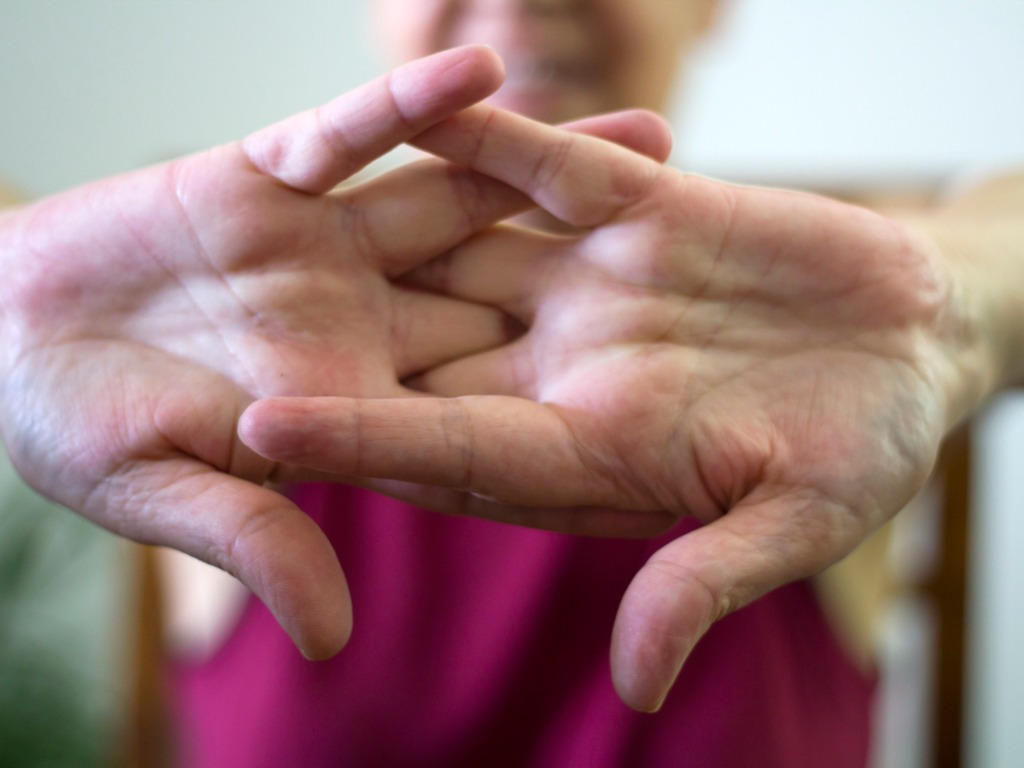Joint Cracking – What’s Going On?
By: Eric Walper, Physiotherapist
Like many of you, I find the phenomenon of joint cracking fascinating. You all know what I’m talking about. It’s the popping sound we hear after the feeling of satisfaction when we crack our knuckles and backs. Especially as kids. How many times did our parents and grandparents tell us to cut it out? They believed the cracking was somehow bad for our bodies, and would then result in arthritis.
Were they right? Well, let’s find out, courtesy of two studies that explore this phenomenon.
What’s really going on with joint cracking
Joints are areas where two bones unite, often lubricated by fluid. In 2015, researchers at the University of Alberta [1] watched what happened when a joint popped, using real-time MRI imaging. This was the first time in history that a joint was observed internally while the actual pop occurred. Thanks to research, we know that as a joint is pulled apart, an open space develops within it, up until we hear a cracking sound. The amount of force or effort is proportionate to the amount the joint stuck together.
If you need help visualizing this process, think about a Chinese finger trap. As you start to pull your two fingers apart in the trap, it becomes harder and harder to pull because the force of the two fingers are opposing one another. Eventually, you will pull hard enough to pop one of the fingers out, similarly to when you crack a joint. Essentially, we know that the cracking noise is due to the creation of an air bubble within the joint.
Is cracking your knuckles actually bad for you?
Now we get it, but is cracking our knuckles actually bad for us? In 2004 [2], an interesting study was published. In this study, a researcher cracked his knuckles on one hand daily for 60 years, while leaving the knuckles on his other hand completely untouched. What the researcher discovered was that there was zero difference in functionally between both his hands. When both hands were imaged to compare to one another, there was no significant difference. In summation, this study retired the myth that knuckle cracking causes arthritis.
What does this mean?
These two studies are important to me for a couple of reasons:
- It helped me understand where the noise within a cracking joint actually comes from.
- I learned that sound has less to do with re-aligning a joint, and more to do with pressure changes within the joint.
- With respect to health and safety, we can fairly confidently say that extended joint manipulation over a period of time will not have adverse effects on its health. This is an important consideration for us as practitioners, and you as patients going about your daily lives.
Feel free to reach out if you have any additional questions on the subject! Or you can book an appointment online by clicking here.
References:
[1] Kawchuk et al., PLoS One 10 (2015) e0119470.
[2] Unger DL. Does knuckle cracking lead to arthritis of the fingers? Arthritis Rheum. 1998;41:949–950.



